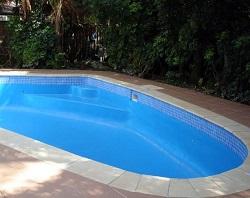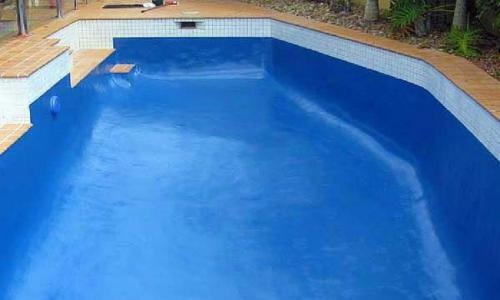Epoxy Pool Paint and Chlorinated Rubber Pool Paint – Advantages and Disadvantages

Homeowners as well as inexperienced pool painters Perth are often seen immensely confused while answering this question as to what is the best type of pool paint to use. Reasons are several behind this, but one that sounds the most robust is the presence of so many options in the markets. For example – there are chlorinated rubber paints followed by epoxy pool paint, acrylic and so on.
All of them come with their unique qualities, features, drawback, pros and cons. To select the best one or the one that matches your budget, it is important that you research on all these three options and know a few things about them. This article is an attempt to familiarise you with the advantages and disadvantages of some of the most common types of pool paints so let us start with epoxy pool paint.
Epoxy Swimming Pool Paints-
Advantages-
- This happens to be the longest lasting of all of the pool paints.
- In other words, the average lifespan according to swimming pool paint suppliers in somewhere around 6-8 years or more.
- This is also the thickest of all the pool paints available in the markets.
- Because of the thickness, it can be a versatile performer even on the older and rough surface.
- When it comes to filling small pots and hairline cracks on the surface, this paint has no competition at all.
- With the help of experienced pool painters Perth, this pool paint can deliver you the smoothest surface.
- The usage is around 500 Sq Ft per gallon and this way, it can be called an affordable option.
- Epoxy pool paints come in many different colours to suit your preference.
- Lastly, it is ideal for those looking for a long-lasting solution for their older, rougher concrete surface.
Disadvantages-
- Preparation of this paint, mixing, etc. is itself a backbreaking task.
- It has a pot life of just 2-3 hours before it starts to harden.
- It also requires a longer curing time than some other paints.
- This paint can be applied only on a completely dry pool surface.
- If any kind of humidity remains there before the paint application, the effectiveness or finish will be lost.
- Of all types of pool paints present in the markets, this is the costliest option.
- Chlorinated Rubber Pool Paints
Advantages-
The advantages of this type of paint make it favourite of swimming pool paint suppliers as well as the painters.
Some of them are –
- It is a one part paint and it requires no mixing.
- It cures to a smooth tile finish.
- The price of this pool paint is on medium tier meaning the cost is less than epoxy, but more than acrylic pool paint.
- It is an ideal solution for those who want ease of use.
Disadvantages-
The common drawbacks associated with this paint are –
- The surface of the pool has to be completely dry before pool painters Perth could apply this paint.
- As compared to acrylic paint, this paint has a much longer curing time.
- The cost too is higher as compared to acrylic paint.
- Painting indoor pools requires extra ventilation and respirators due to fumes.




Comments